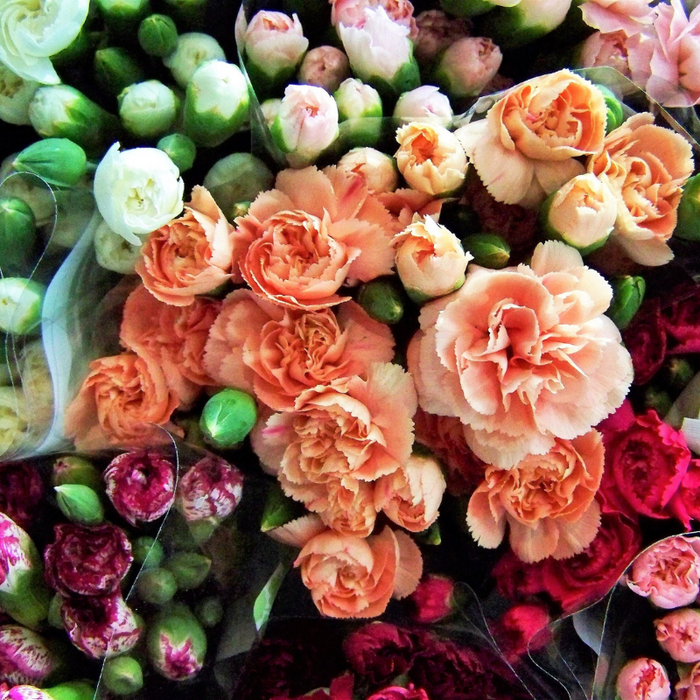
Mixed Carnation Flower Seeds
Save 50%
Original price
$10.00
Original price
$10.00
-
Original price
$10.00
Original price
$10.00
Current price
$4.99
$4.99
-
$4.99
Current price
$4.99
Enjoy stunning blossoms from late spring to mid-summer using these Mixed Carnation Flower Seeds. With average soil and water preferences, cultivating these carnations is a breeze, making them an excellent choice for both seasoned gardeners and those just beginning their horticultural journey.
Specifications:
- Color: Mixed Colors - Red, Pink, Purple, Yellow, White, Orange, Black, Green, & 2-tone Combinations
- Plant Seeds: Outdoors After Frost / Indoors Weeks Before Last Frost
- Bloom Time: Late Spring - Mid Summer
- Hardiness Zone: 6 - 9
- Plant Height: 18 - 24"
- Plant Spacing: 12 - 18"
- Light Requirements: Sun
- Soil & Water Preferences: Average
- Quantity: 100 Seeds









